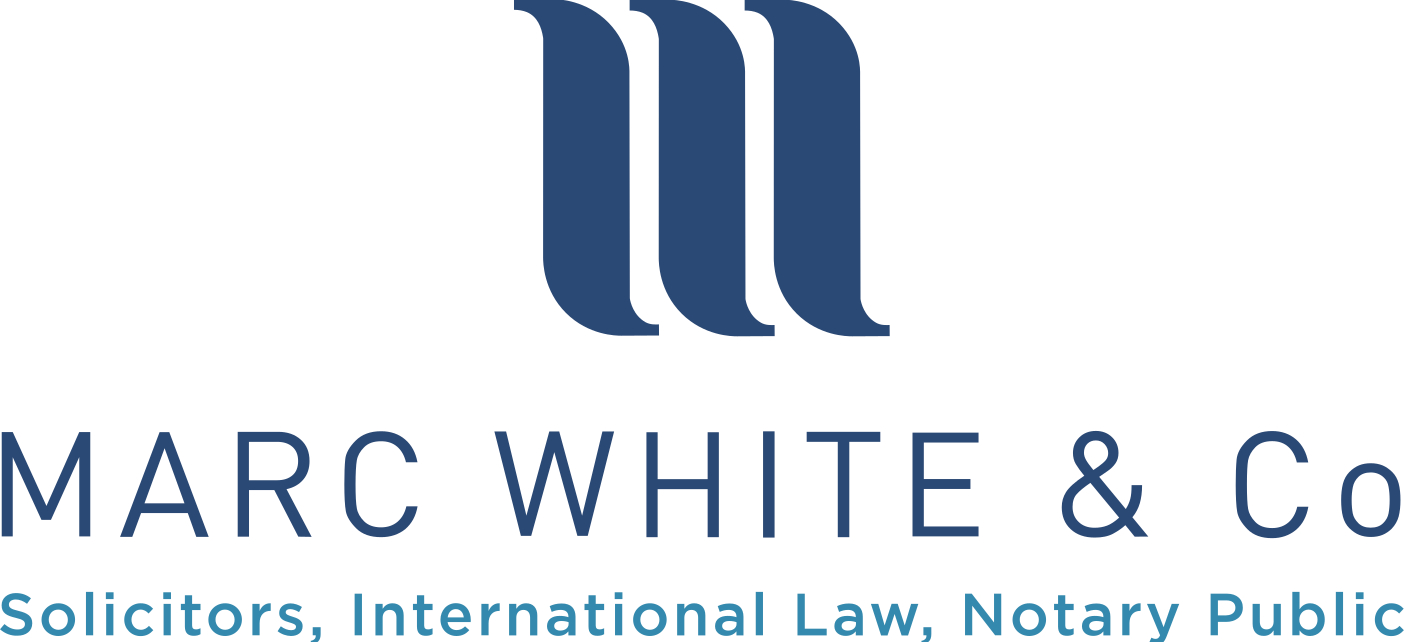Expert Legal Support
French Estate Administration
Handling the administration of an estate connected to France demands precision, legal expertise, and timely action. Our bilingual French lawyers in the UK guide executors, beneficiaries, and Trustees through cross-border estate matters, ensuring compliance with French requirements, mitigating risks, and helping secure efficient transfer of assets.
Contact us today for professional help with estate administration in France.
Why Work With Our French Estate Administration Team?
- Deep experience handling estates with French and UK elements
- Clear advice on law, documentation, and deadlines
- Assistance liaising with French Notaires, courts and relevant authorities
- Proactive management to avoid delays (especially French inheritance tax deadlines)
What Does Estate Administration in France Involve?
We support you in scenarios such as:
- Identifying which laws apply (French law, English law, or a combination) to determine which Will(s) govern the estate, and what inheritance tax obligations arise.
- Ascertaining the value of French assets at the date of death and verifying ownership.
Below are more specific estate administration situations we handle:
French Immovable Assets (Property)
- Engaging a French Notaire to prepare necessary inheritance deeds (confirmation of beneficiaries, acceptance of inheritance, etc.)
- Preparing deeds of transfer of ownership for French property (immeuble)
- Reviewing French inheritance tax returns and regulated Notaire fees
- Where needed, completing French Powers of Attorney so you need not attend in person
French Moveable Assets Only
This may include:
- Bank accounts (savings, current)
- Shares (direct ownership or via managed portfolios)
- Assurance vie contracts
We help obtain required documents, complete formalities, and arrange transfer or payment into your designated account.
Estates with Charities as Beneficiaries
- UK charities inheriting French assets must obtain French government authorisation and comply with translation and documentation requirements.
- Since Brexit, UK-registered charities are no longer exempt from French inheritance tax and may face high tax rates. We advise on liabilities, process steps, and whether renunciation is the best option
Estates Involving Trusts with French Connections
Estates Involving Trusts with French Connections
- Trust-related estates raise complex issues — unclear beneficiaries at death, high tax rates (45-60%), and strict reporting obligations.
- We can help structure actions (e.g. deeds of appointment or variation) where possible, prepare reporting forms, and advise on French inheritance tax impact.
Double Taxation & Domicile Issues
If estate assets are taxed in more than one country (e.g. estates in both UK and France), a double taxation treaty applies. We advise on:
- Determining domicile (or deemed domicile) under treaty for inheritance tax purposes
- Clarifying where assets are “located” under treaty rules
- Assisting with claims for relief where overlapping taxation arises
Renunciation of Inheritance
If you prefer not to accept an inheritance in France — due to costs, tax, or other reasons — we advise on:
- Formal process for renouncing French inheritance
- Legal protections and consequences of renunciation (including liabilities for debts)
- Differences in outcome depending on whether you still inherit under UK estate components
Minor Beneficiaries
Where minors are beneficiaries under French law or under Wills governed by French law:
- Court approval may be required for minors to accept or manage inherited assets
- Process is more complex if the minor resides abroad
- We guide you through the procedures and documents needed
Our Process
We use a structured approach to ensure estate administration is managed efficiently and correctly:
Initial Assessment
We review the Will(s), asset register (French / UK), residency/date of death values, and identify applicable laws and tax obligations.
Document Preparation & Liaison
We prepare or gather required documentation, coordinate with Notaires or French authorities, ensure proper translations, and handle legal formalities.
Execution & Distribution
We guide beneficiary acceptance or renunciation, oversee tax filings, effect transfers of property, moveable assets, or funds, and ensure legal closure of the est
FAQs
Do I need a French Will if the deceased had an English Will?
Not always, but very often. English Wills may not address French statutory requirements or produce the outcome you want in France. We can assess whether a separate French Will is advisable or whether existing documents suffice.
What are the deadlines for French inheritance tax?
Depending on whether the deceased died physically present in France, inheritance tax may need to be filed or paid within 6 or 12 months. Starting administration promptly is crucial.
How do I deal with French property if I’m abroad?
You may need to provide Powers of Attorney so the Notaire can act on your behalf; you will also be required to provide various documents, certified/transl ated; our team assists throughout, so you don’t need to travel unnecessarily.
Can I renounce a French inheritance?
Yes — but the process must be formal and legally binding. Renouncing isn’t always straightforward if there are minor beneficiaries or if other assets (UK or abroad) are involved. We can advise whether renunciation is in your best interest and handle the paperwork.
Get Expert Advice Today
Our bilingual French law specialists are ready to assist you with administration of estates with French elements — whether you are executor, beneficiary, trustee, or representative.
EXPERT LEGAL ADVICE
Our French Experts

Marc White
Solicitor, Notary Public & Accredited Mediator

Madeleine Carin
French Paralegal

Léa Maynard
Solicitor & Head of French Law

